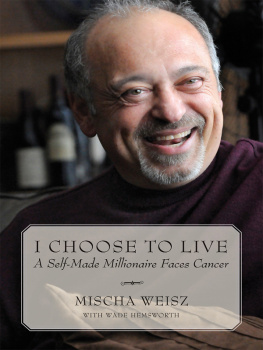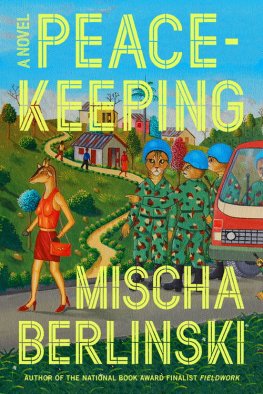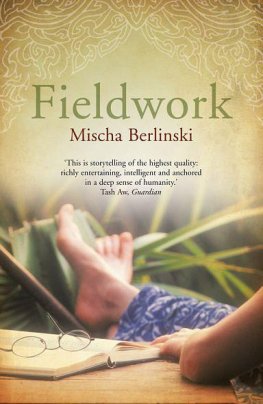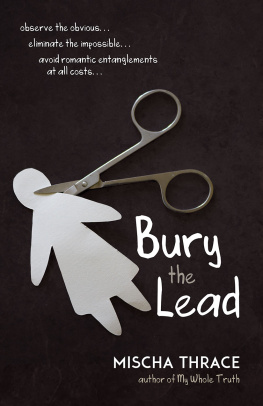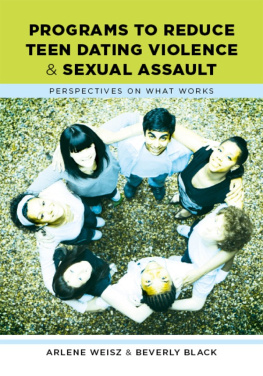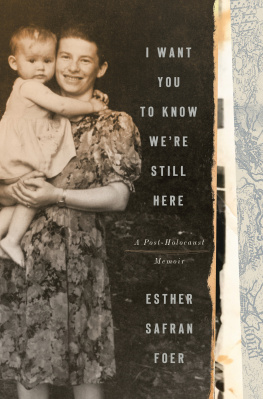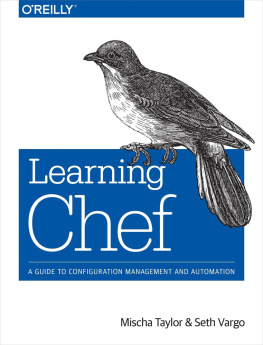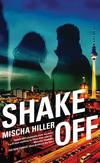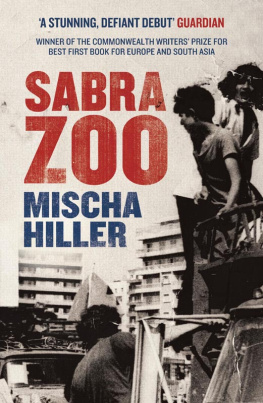
I CHOOSE TO LIVE
I CHOOSE TO LIVE
A Self-Made Millionaire Faces Cancer

MISCHA WEISZ
WITH WADE HEMSWORTH

Copyright Mischa Weisz, 2009
All rights reserved. No part of this publication may be reproduced, stored in a retrieval system, or transmitted in any form or by any means, electronic, mechanical, photocopying, recording, or otherwise (except for brief passages for purposes of review) without the prior permission of Dundurn Press. Permission to photocopy should be requested from Access Copyright.
Project Editor: Michael Carroll
Copy Editor: Cheryl Hawley
Design: Erin Mallory
Printer: Friesens
Library and Archives Canada Cataloguing in Publication
Weisz, Mischa
I choose to live : a self-made millionaire faces cancer / by Mischa Weisz and Wade Hemsworth.
ISBN 978-1-55488-718-7
1. Weisz, Mischa. 2. Pancreas--Cancer--Patients--Ontario--Hamilton-- Biography. 3. Businessmen--Ontario--Hamilton--Biography. 4. Children of Holocaust survivors--Ontario--Hamilton-Biography. I. Hemsworth, Wade, 1965- II. Title.
RC280.P25W44 2009 362.196'994370092 C2009-905574-0
1 2 3 4 5 13 12 11 10 09

We acknowledge the support of the Canada Council for the Arts and the Ontario Arts Council for our publishing program. We also acknowledge the financial support of the Government of Canada through the Book PublishingIndustry Development Program and The Association for the Export of Canadian Books, and the Government of Ontario through the Ontario Book Publishers Tax Credit program, and the Ontario Media Development Corporation.
Care has been taken to trace the ownership of copyright material used in this book. The author and the publisher welcome any information enabling them to rectify any references or credits in subsequent editions.
J. Kirk Howard, President
Printed and bound in Canada.
www.dundurn.com
To my children, Danielle and Nathan. Writing this book is my way of staying with you long after I am gone. You have inspired me to do my very best, and I am deeply proud to be your father. I love you completely and always.
CONTENTS

INTRODUCTION
A Conversation Between Friends

Early Evening, June 11, 2009
An enormous terracotta teapot is steaming on the stove, crammed with a simmering nest of stems, stalks, and berries. The exhaust fan overhead is working hard, but cannot overcome the persistent stench of the Chinese medicinal tea that is designed to keep Mischa Weisz alive.
He and two boyhood friends, the three of them now in their fifties, have gathered in the eat-in kitchen of Mischa's executive home in suburban Ancaster, on the outskirts of Hamilton, Ontario.
On one side of the long pine table is Paul Buckle, who manages the municipal animal control department. He is sitting closest to the back door so that he can slip out to the back step and smoke, keeping the door open so he never has to leave the conversation. Burly and gravel voiced, Paul wears his graying whiskers halfway between long stubble and a short beard. In contrast to his appearance, he is alternately pensive and playfully provocative, drawing ably from a deep vocabulary and sipping from a tumbler of Scotch.
Opposite Paul is Frank Helt, investment banker. Trim and tanned, he has taken off his suit jacket, but his white shirt, with its monogrammed French cuffs, is still crisp. Straightforward and sincere, he is composed and thoughtful as he balances fine detail against broad context, choosing his words with care. The way he chides and advocates for Mischa suggests he is an older-brother figure to his friend of more than forty years. Frank and Paul, and their wives Linda and Jackie, are, like Mischa's wife Connie and his brother Guido and Guido's wife Bonnie, part of a trusted circle of family and friends who have long served to smooth Mischa's sharper edges, to curb his more drastic impulses, sometimes to act as interpreters for the complex man whom they all love in different ways.
At the end of the table, Mischa himself is uncharacteristically quiet. At this point, he is about a year-and-a-half past the five month prognosis he got when doctors diagnosed him with terminal pancreatic cancer. Medically he is very ill, yet personally he appears robust, his eyes shining with intensity. Since he got the news he has been pushing the gas pedal of his life right to the floor, with no idea and not much concern over how much is really left in the tank.
All of Mischa's fifty-three years have prepared him for this point. He has learned, in life and in business, to trust his own wits and trained himself to treat even the most deeply personal, and sometimes tragic, problems logically and nearly objectively. A proudly self-taught entrepreneur, he has done well enough in the electronic banking business to count his wealth in the millions of dollars, and since selling his company a month earlier has happily indulged his love of gambling and thirst for science fiction, while investing carefully in his health care and his legacy. He is telling his life's story as a book and in a documentary film. He values closure, and is tying up all his loose ends while he can. He has already donated half a million dollars to the YMCA, in the hope of giving kids a fairer start in life, and has set aside more money for charity in his will.
He appears to be afraid of nothing, except for leaving the people closest to him, and in particular he wants to make sure that after he is gone his daughter and son have the best approximation of a father that he can provide.
Tonight, he relaxes in a golf shirt and sweatpants, cupping his mug of awful tea and savouring the sounds of his two best friends taking turns teasing him and explaining why they treasure him.

Paul: If you talk to any ten people about what Mischa is like, you're going to get ten different answers. What has kept the three of us coming back for more over the years is the fun, circumstantial stuff.
We have enough history that there's always a touch-stone, an aspect of the familiar, but there are also enough differences between Mischa and Frank and me that you never know what's going to happen next.
Mischa is an intensely private person. Nobody, as far as I know, has complete access to Mischa Weisz. He has always been one of these people who very carefully guards his heart, and when you do finally get a piece of that you realize there is value there that other people might not be seeing, because he finds it so hard to let anyone in to begin with. And the piece that Frank gets is a little different from the one I get, which is different from the pieces that he gives to the other people who are close to him in his life. Nobody ever sees the same guy, and nobody, as far as I know, has seen all of him.
Next page
